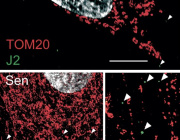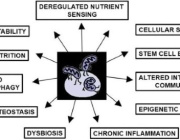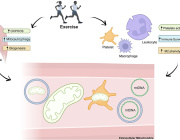
Brain Organoids for Drug Discovery of Mitochondrial Neurological Disorders
Summary
Among incurable inherited metabolic diseases, mitochondrial diseases represent a major therapeutic challenge, as they can be caused by mutations in oxidative phosphorylation genes that are encoded by either the mitochondrial DNA (mtDNA) or the nuclear DNA (nDNA). This fact hampers the generation of effective model systems, given the challenges of mtDNA engineering. One of the most severe forms of mitochondrial disease is Leigh syndrome (LS), a devastating neurological disease with no cure leading to early death in children. In this talk, Dr. Prigione will present their ongoing efforts in advancing the understanding and therapies for LS using induced pluripotent stem cells (iPSCs) and brain organoids. Dr. Prigione will show examples of innovative interventions for LS identified through deep learning screening or neuronal high-content screening. A repurposable drug that they discovered has received the designation of Orphan Drug from the European Medicines Agency (EMA) for the treatment of LS, and for this a clinical trial is now under development. Through collaborations with clinical scientists, they hope to translate their findings in the lab into concrete therapies for incurable pediatric mitochondrial diseases with highly unmet medical needs.
Biography
Dr. Alessandro Prigione is a tenured Associate Professor of Pediatric Metabolic Medicine in the Department of General Pediatrics at Heinrich Heine University in Düsseldorf, Germany. He received a MD from the University of Milan Italy in 2002 and a PhD from the San Raffaele University in Italy in 2008. His lab employs induced pluripotent stem cells (iPSCs) and derived neurons and brain organoids for disease modeling and drug discovery of rare mitochondrial neurological disorders. Dr. Prigione is a member of the scientific council of AFM Telethon, of the scientific committee of Mitocon and Cure Mito, and the current Editor-in-Chief of the journal Stem Cell Research. In 2024, he received that Eva Luise Köhler Research Award for Rare Diseases.


























